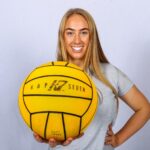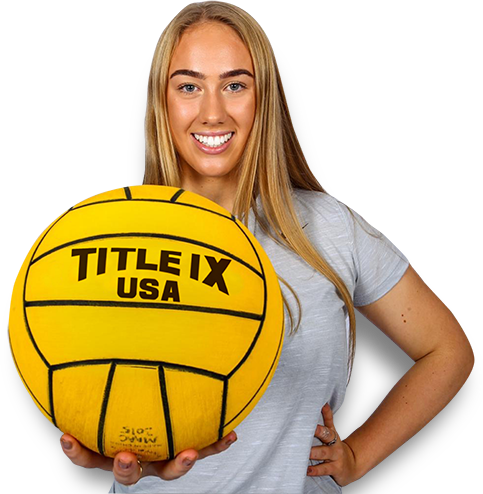Around 46 million Americans play volleyball, making it a very popular sport across the USA. In fact, it is considered by many, to be the most popular sport in the world after soccer, played by about 800 million people across the globe. The best young athletes from around the world enrol in US colleges and universities to compete. There is a great demand for talented international volleyball players, with squads of 10 + student-athletes at each college or university.
Men's Volleyball Scholarships
Men’s Volleyball is an equivalency sport, meaning that coaches can divide scholarships available between as many players as they want.
Volleyball is a highly competitive sport for obtaining a scholarship, with coaches looking for internationally experienced players. Within the USA college system there are 113 men’s volleyball programs.
NCAA Division I: College/Universities: 21, 4.5 scholarships for men per team, average roster size: 10
NCAA Division II: Colleges/Universities: 23, 4.5 scholarships for men per team, average roster size: 10
NCAA Division III: Colleges/Universities: 83, they do not award sports scholarships only academic ones, average roster size: 10
NAIA: College/Universities: 32, 8.0 scholarships for men per team, average roster size: 10
NJCAA: Colleges: 15, 9.0 scholarships for men per team, average roster size: 10
Women's Volleyball Scholarships
There are over 1,670 women’s volleyball scholarship programs in the U.S.
In women’s volleyball for NCAA Division I, this is a head count sport, so only full scholarships are available; only the very best volleyball players can earn those scholarships. In all other divisions, women’s volleyball is an equivalency sport.
Volleyball is an exceptionally competitive sport for obtaining a scholarship, coaches are mainly looking for internationally experienced players. This means that the individual is more suitable for the transition into collegiate volleyball, intercollegiate matches and national competitions.
One of the most difficult aspects of the volleyball recruiting process is determining which division level an athlete should target based on her athletic talent. There are some key stats that college coaches look for when evaluating volleyball recruits. For example, at Division 1 level, the average height of an outside hitter is 6’0”, with 53% of D1 outside hitters at 6’0” or taller. Only 13% are 5’9” or shorter. Additionally, coaches expect D1 outside hitters to have, on average, an 118-inch approach jump. Whilst these are just averages, they paint a fairly clear picture of what a D1 recruit looks like for that position.
NCAA Division I: Colleges/Universities: 334, 12.0 scholarships for women per team, average roster size: 16
NCAA Division II: Colleges/Universities: 300, 8.0 scholarships for women per team, average roster size: 16
NCAA Division III: Colleges/Universities: 437, they do not award sports scholarships only academic ones, average roster size: 16
NAIA: Colleges/Universities: 219, 8.0 scholarships for women per team, average roster size: 18
NJCAA: Colleges: 313, 0.0 scholarships for women per team, average roster size: 13
Our successful athletes
-

Thea Simpson
Water Polo
COMMITTEDBritish
St. Francis Brooklyn
-

Sophie Dix
Field Hockey
COMMITTEDirish
Northwestern University
Would you like to find out more?


Give us a call or fill in the form and we’ll call you back when its convenient for you. We’ll glady answer any of your questions related to scholarships and life in the USA.





